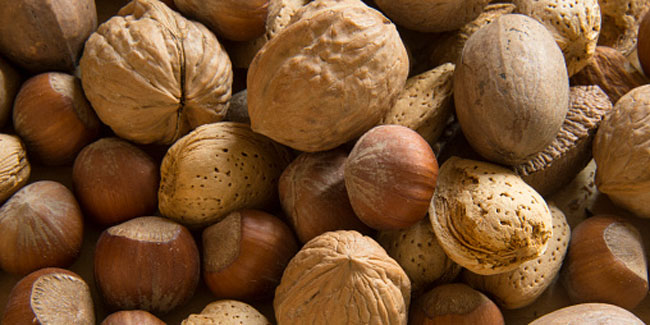
A diet that contains walnuts tends to lead to genetic changes that have been said to slow the growth of colorectal tumours, which happens to be the third most common type of cancer across the world. This has been revealed in a new animal study by Harvard Medical School. According to the study, walnut consumption was seen to bring about changes to the microribonucleic acids, nucleotides that alter gene expression.

Lead researcher of the study Christos Mantzoros, the research showcases that a walnut diet can lead to significant changes in expression profile of miRNAs in localised colorectal cancer tissue. He added that a walnut diet helps to incorporate protective fatty acids inside the colonic tumour either through direct effects or through synergistic or additive effects of different other compounds that are present in walnuts.
Walnuts are not the only nut that have a great amount of alphalinolenic acid, an important fatty acid that is critical for the functioning f various body processes and is known to reduce inflammation. Walnuts also have a variety of antioxidants and several other vitamins and minerals. The randomized study was conducted on two groups of mice in which one group was fed nearly two servings per day of walnuts for humans while the second group was given a similar control diet without any walnuts.
After about 25 days, the researchers found that in their walnut-fed mice, the key miRNA that could have affected cancer cell inflammation, bloody supply and proliferation was engaged positively. The results of the study have also found that a smaller sized tumour was linked to walnut-containing diet, suggesting that ALA could provide a protective benefit.
The growth rate of tumour was also seen to be much lower in the walnut group compared with the control group.
The study has been published in the Journal of Nutritional Biochemistry.
Read more Health News.
Image Source: Getty
Source: Times of India
How we keep this article up to date:
We work with experts and keep a close eye on the latest in health and wellness. Whenever there is a new research or helpful information, we update our articles with accurate and useful advice.
Current Version
